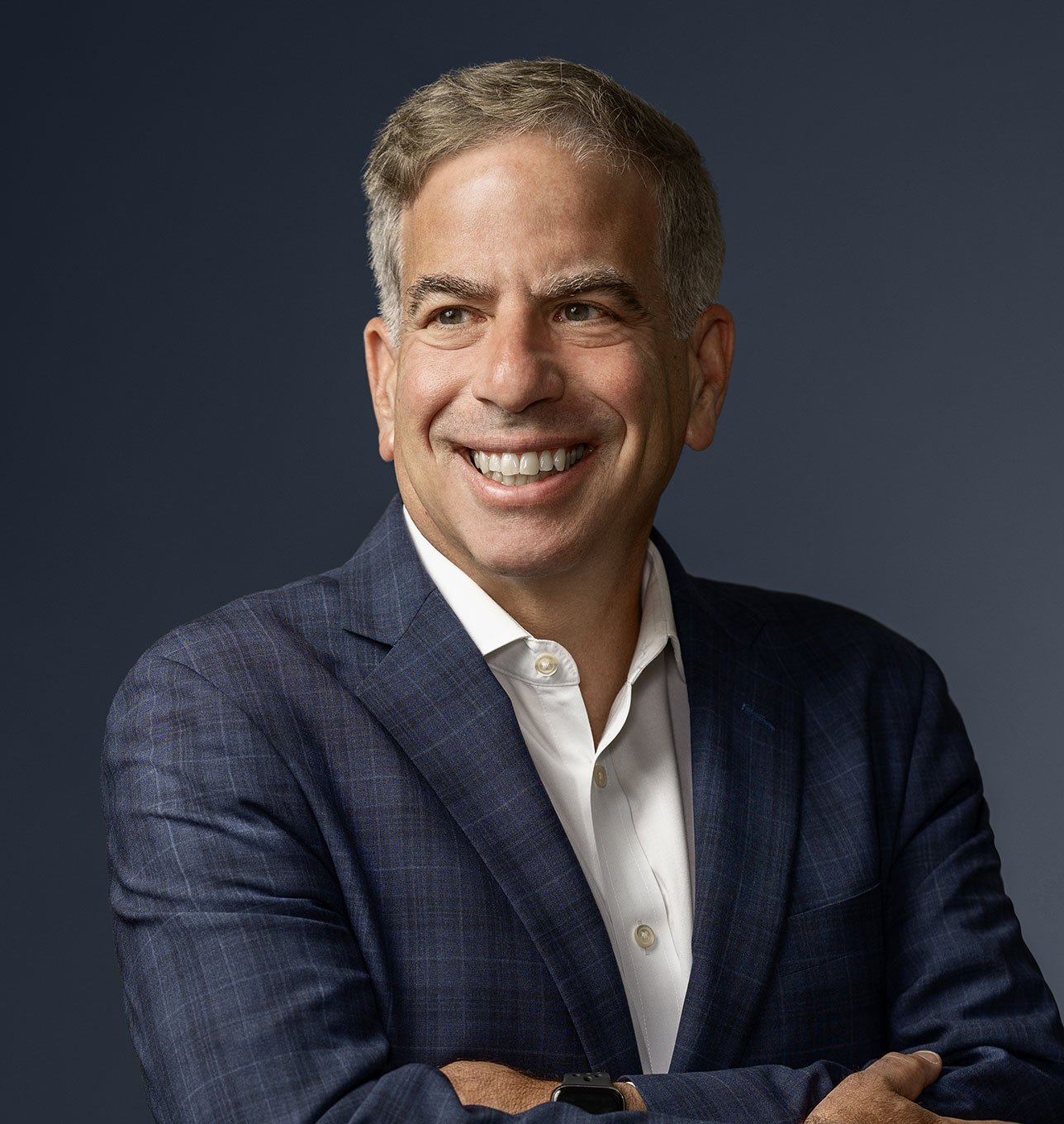Iowa Targets Out-of-State Bank Partner for Usury, Shedding Light on State’s Interpretation of DIDMCA Opt-Out
In December, the State of Iowa and the Iowa Division of Banking entered into an Assurance of Discontinuance (“AOD”) with Transportation Alliance Bank, Inc. (the “Bank”) settling claims that the Bank charged usurious rates of interest on 1,611 loans to Iowa consumers between 2020 and 2022.
Iowa alleges in the AOD that with the assistance of its service provider EasyPay, the Bank charged interest at a rate exceeding Iowa’s 21% APR maximum rate that is permitted for “supervised financial organizations” (depository institutions) under the Iowa Consumer Credit Code (“ICCC”). The settlement has potential implications for out-of-state state-chartered banks who are “exporting” home state interest rates and fees on loans made to Iowa residents. It also highlights the Iowa Attorney General’s interpretation of the state’s opt-out of the federal Depository Institutions Deregulation and Monetary Control Act of 1980 (“DIDMCA”) in connection with loans made to Iowa residents by out-of-state state-chartered banks.
Background
EasyPay and the Bank are parties to a bank partner program. Pursuant to this arrangement, EasyPay facilitates consumer loans through its online platform, which loans are originated by the Bank. Iowa’s generally applicable usury cap for loans made in the state varies with the yield of US government debt and is currently set at 6%. The ICCC authorizes certain entities, such as banks, to charge a higher rate on “consumer loans,” which are essentially loans that do not exceed federal Regulation Z’s floating threshold amount (currently set at $66,400 for 2023); that are made for a personal, family, or household purpose; and that include second- but not first-lien mortgage loans. As supervised financial organizations, banks such as the Bank are authorized by the ICCC to charge up to a maximum 21% APR on these consumer loans. While the AOD does not discuss the rates allegedly charged under the EasyPay program, the press has reported that interest rates have exceeded 100%.
The Settlement
The AOD directs the Bank to provide restitution to Iowa consumers to compensate for interest they paid above the applicable 21% APR cap. Although the AOD is an agreement between Iowa and the Bank, it is binding on EasyPay as well—albeit only to the extent of EasyPay’s services to the Bank in its role as a service provider. The Bank, which claims to have ceased making Iowa loans as of April 2022, does not admit to any violations of Iowa law or DIDMCA as part of the settlement. The Bank also agreed to notify the state before restarting its lending activities in Iowa.
DIDMCA Interest Exportation and Iowa Loans
The AOD reaffirms how Iowa officials view the impact of the state’s decision to opt-out of DIDMCA’s interest rate preemption. DIDMCA was enacted in the 1980s to establish parity between national and state-chartered banks by allowing state banks to export any interest rate lawful in their home or host state to other states, even if the usury cap in the other states is lower, as national banks are authorized to export interest rates under Section 85 of the National Bank Act. DIDMCA allowed the states to opt out, however. Ultimately, Iowa and Puerto Rico are the only states that chose to opt out. (Other states initially opted out but later rescinded their opt-outs.) There has since been disagreement on the meaning of a state’s decision to opt out of DIDMCA’s interest rate exportation authority for state-chartered banks.
Since the opt-out rights granted to states permitted them to opt out with respect to loans made in the jurisdiction, many have concluded that banks located in Iowa or Puerto Rico have no ability to export the legal interest rates of their home state when lending to consumers located in other jurisdictions. Under this interpretation, Iowa’s opt-out has no effect on out-of-state state-chartered banks lending to Iowa borrowers. An alternative interpretation is that an out-of-state state-chartered bank cannot export its home state interest rates into Iowa when lending to Iowa consumers. Iowa’s Attorney General’s office has historically taken this view, but there has not been any recent enforcement activity against out-of-state state-chartered banks prior to the AOD. The AOD specifically alleges a violation of section 521 of DIDMCA, which is the provision that grants interest exportation authority to state banks, making it clear that the state is alleging that an out-of-state state chartered bank, such as the Bank, cannot export the interest rate permitted by its home state of Utah (which permits banks to charge any agreed-on rate). .
Takeaways
Because Iowa alleges that the loans were usurious for an out-of-state state-chartered bank, there was no need or attempt to recharacterize EasyPay as the true lender under the bank partner program. This is different than many enforcement actions in other states that target the nonbank partner in a bank partnership agreement instead of the bank—either as the “true lender” of program loans instead of the bank or as an unlicensed arranger or purchaser of program loans where the state imposes such licensing obligations. Nevertheless, the AOD will have implications for bank partner programs with state-chartered banks.
The AOD is likely to result in out-of-state state-chartered banks excluding Iowa residents from their loan programs or limiting the rate of interest on these loans to 21%. While the AOD relates to a bank partner program between the Bank and EasyPay, the implications from the settlement could potentially extend beyond those programs to any loans made by an out-of-state state-chartered bank to Iowa residents.
National banks and their loans to Iowa residents are not impacted by the AOD as there is separate authority in the National Bank Act that would allow out-of-state national banks to export interest rates of their home state to Iowa residents.






